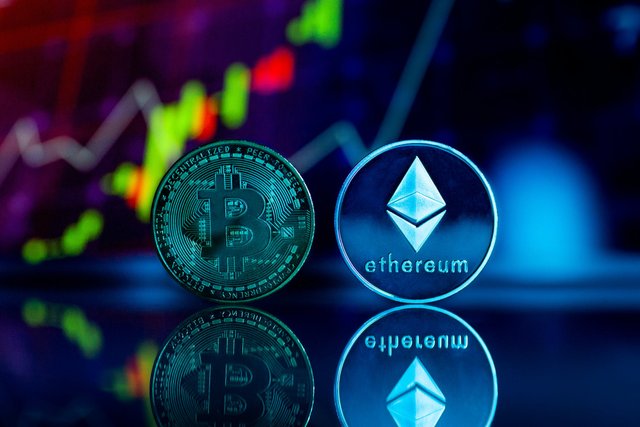The Evolution of Crypto Regulation: A Global Perspective
Assalamu Alaikum
Generally, the evolution of crypto regulation tracks how different countries and regions are regulating cryptocurrencies over time, possibly implying a study or analysis. So here will explore different regulatory approaches ranging from strict prohibitions to more permissive frameworks and examine the reasons behind these approaches. The regulatory landscape can significantly affect the adoption and development of cryptocurrencies worldwide making it an important issue.

Let us discuss this in some depth -
| 1. Initial Phase (2009-2013) - |
|---|
You know that in the very early days of Bitcoin and cryptocurrencies, regulatory oversight was minimal. At the time, governments were largely indifferent or unaware of emerging technologies. The blockchain technology underlying various cryptocurrencies was developed and born during this period.
| 2. Awareness and Anxiety (2013-2017) - |
|---|
This is where regulators began to take notice as cryptocurrencies gained traction and media attention. At the time there were concerns about their possible use in illegal activities such as tax evasion, financing of terrorism and nefarious activities such as money laundering. Regulatory agencies then began issuing guidelines and warning investors about the risks associated with investing in cryptocurrencies.
| 3. Regulatory Response (2017-2020) - |
|---|
The proliferation of new cryptocurrencies and the rapid growth of initial coin offerings (ICOs) have generally prompted global regulatory responses. And so some countries have adopted progressive regulatory frameworks to attract cryptocurrency businesses and investors, for example we can mention countries like Switzerland and Japan. There have also been other scenarios where countries such as China and South Korea have imposed restrictions or stricter regulations to prevent speculation and protect investors.
| 4. Maturity and Institutional Adoption (2020-Present) – |
|---|
In recent years there has been a shift towards greater institutional adoption of cryptocurrencies such as investments by banks, hedge funds and publicly traded companies among others. This trend has prompted regulators to create a more comprehensive regulatory framework to provide transparency and stability for institutional investors while still addressing concerns about market integrity, financial stability and security.
| 5. International Coordination and Standardization - |
|---|
There is growing recognition of the need for international coordination and standardization of regulatory approaches to cryptocurrencies in general, transcending national borders. Organizations such as the Financial Action Task Force (FATF) have developed guidelines for regulating cryptocurrencies to combat money laundering and terrorist financing while promoting innovation and financial inclusion.
| 6. Challenges and Future Outlook - |
|---|
Challenges such as enforcement gaps in cryptocurrency, technological advances outpacing regulatory responses and regulatory arbitrage remain despite efforts to regulate it. And so it's only natural that the future of crypto regulation balance between encouraging innovation and addressing regulatory concerns so the industry can engage in continuous dialogue between stakeholders, policymakers and regulators.

So friends, that's it for today. Let me know in your comments what you think of today's topic. I am ending here wishing everyone good health. All be well and stay healthy.
X's Post
Upvoted! Thank you for supporting witness @jswit.
Good analysis. Future thinking about crypto is the best one. Thanks for sharing.
Its my pleasure dear...
While cryptos have some advantages as they are unregulated, there are also many disadvantages associated with them. Thanks for writing about a beautiful topic.
Yes there are always some opportunities along with risks. Very happy to see your comment brother.